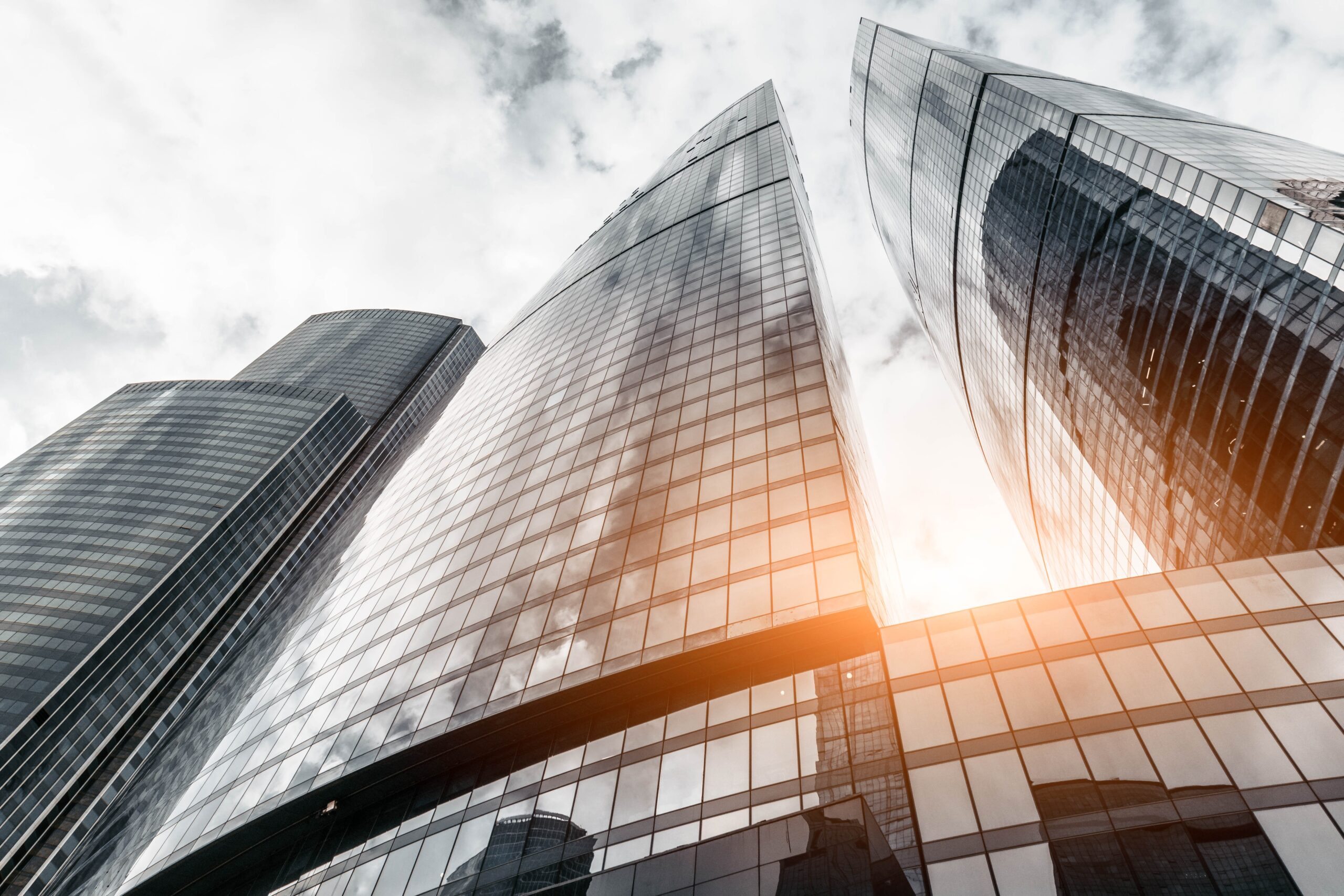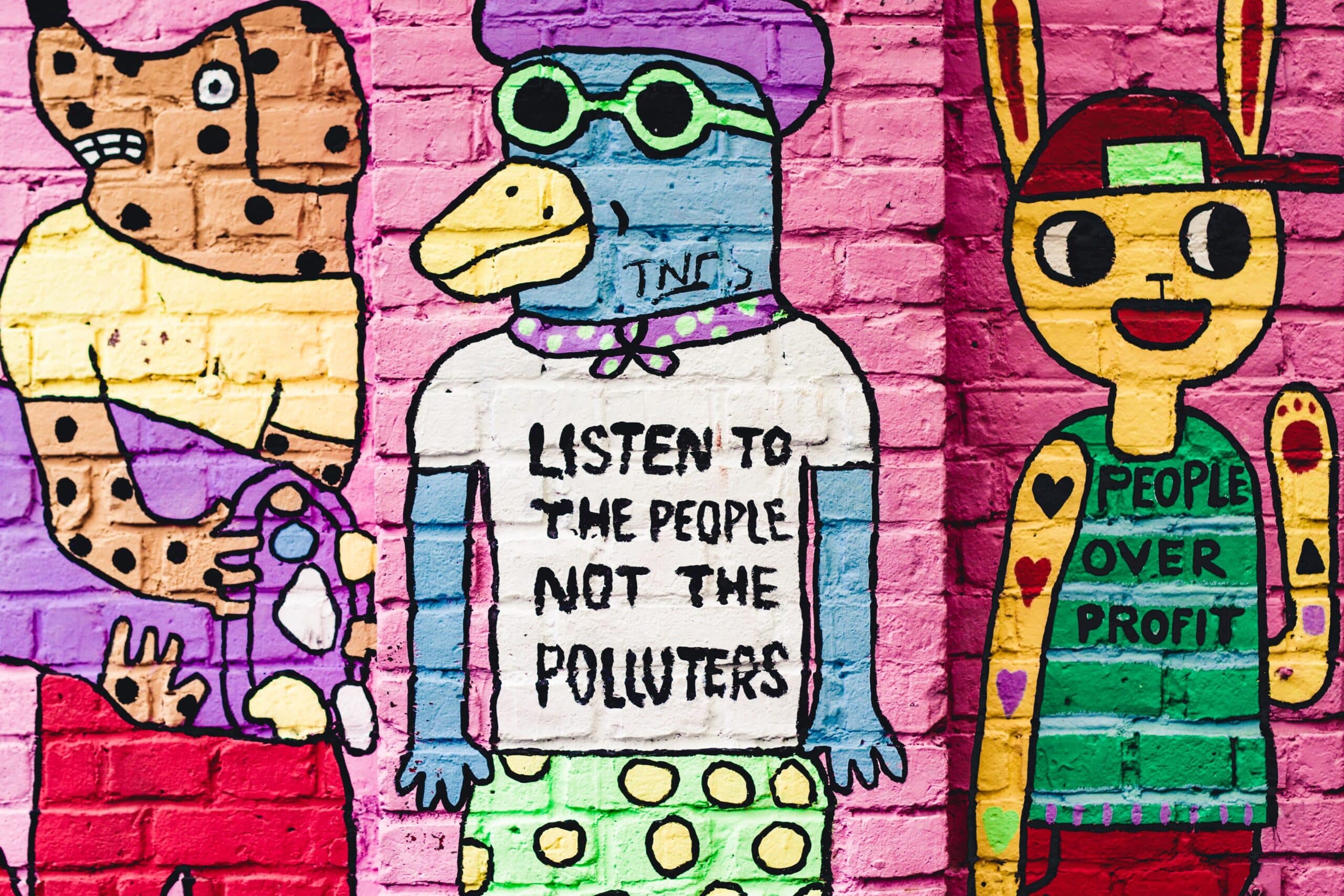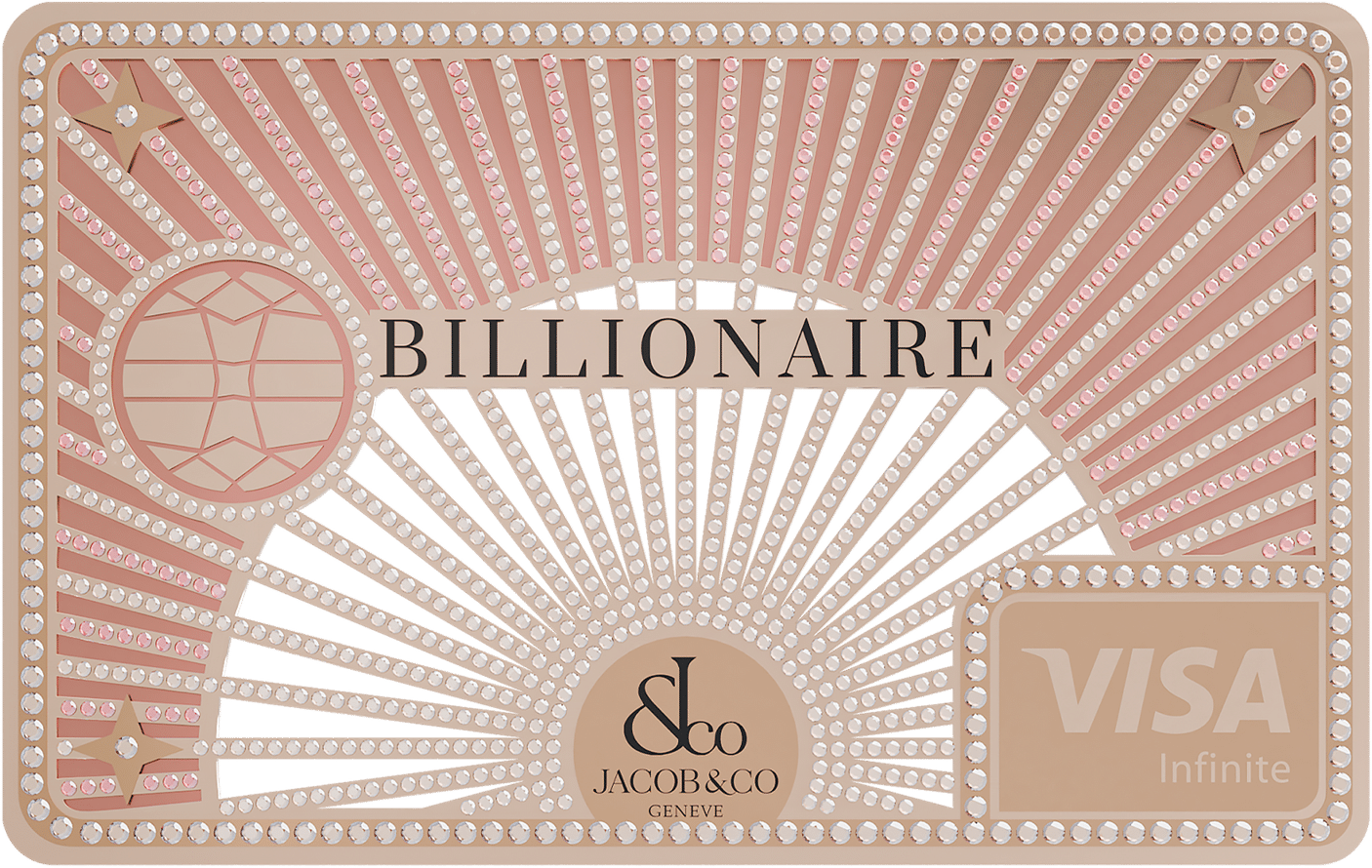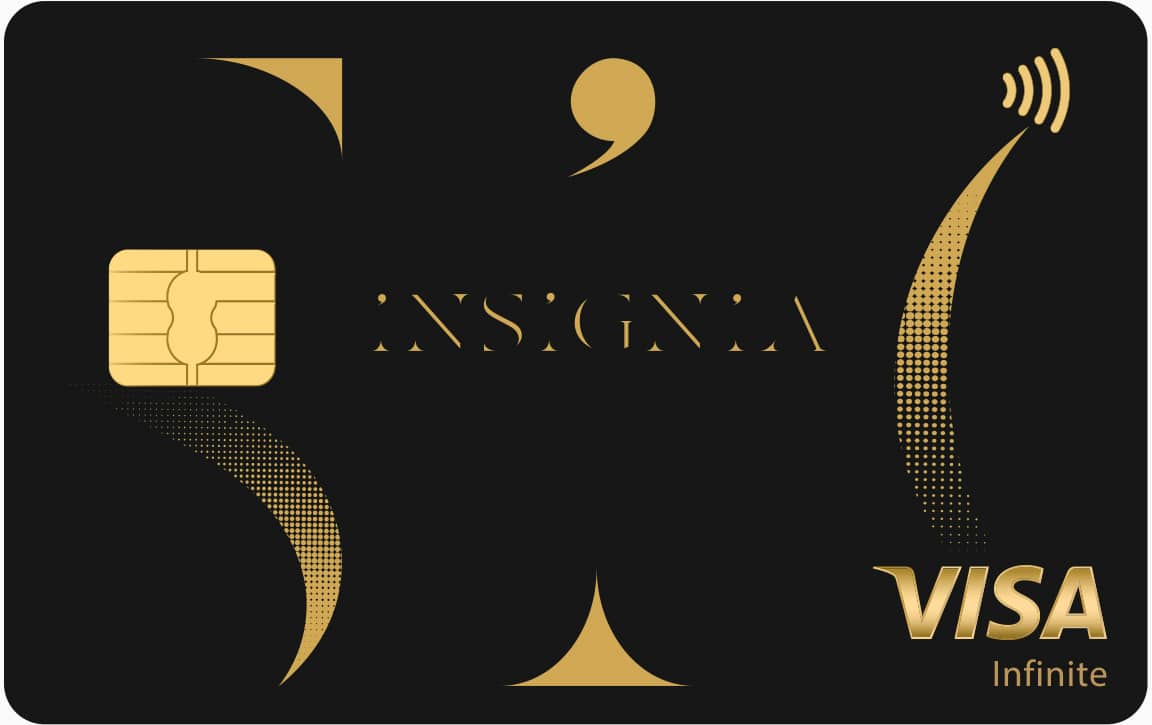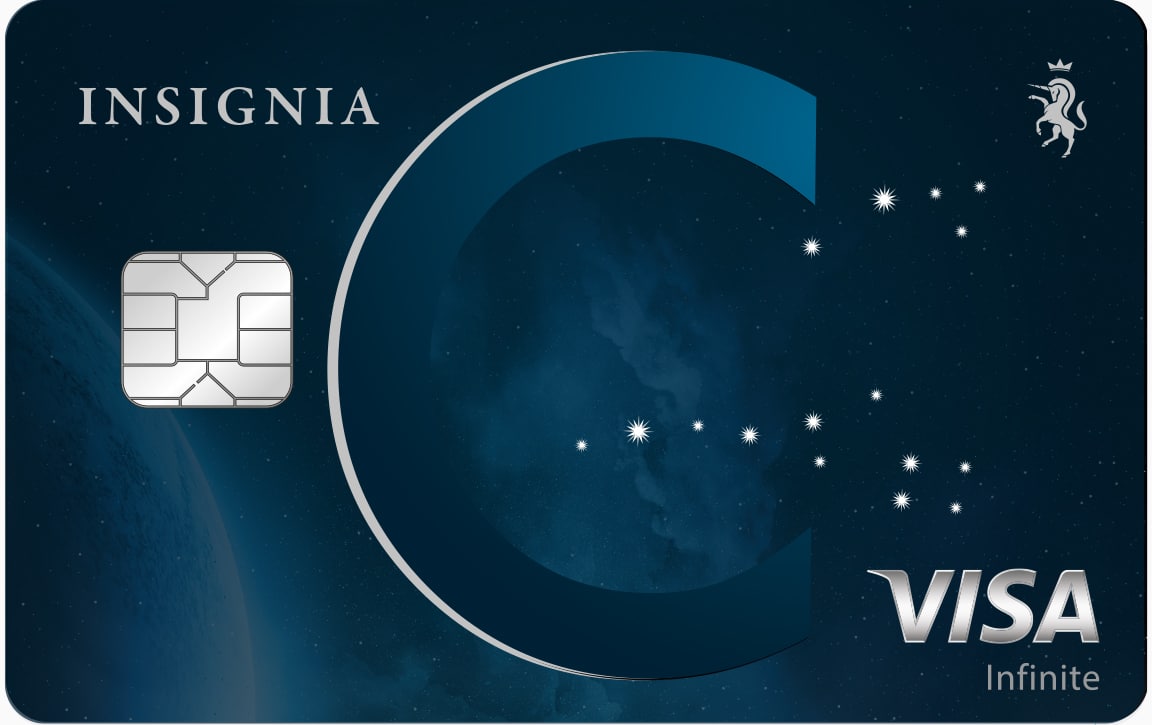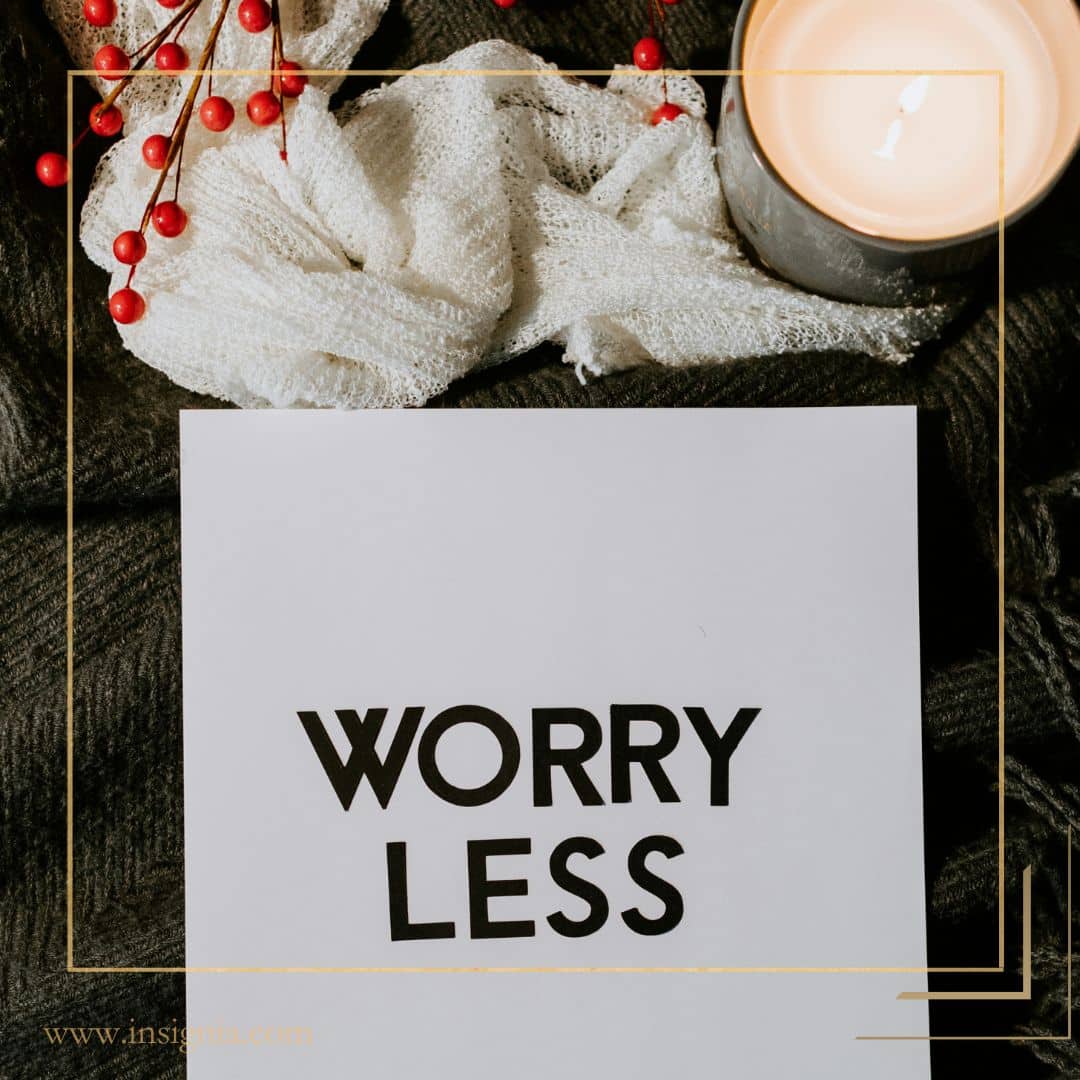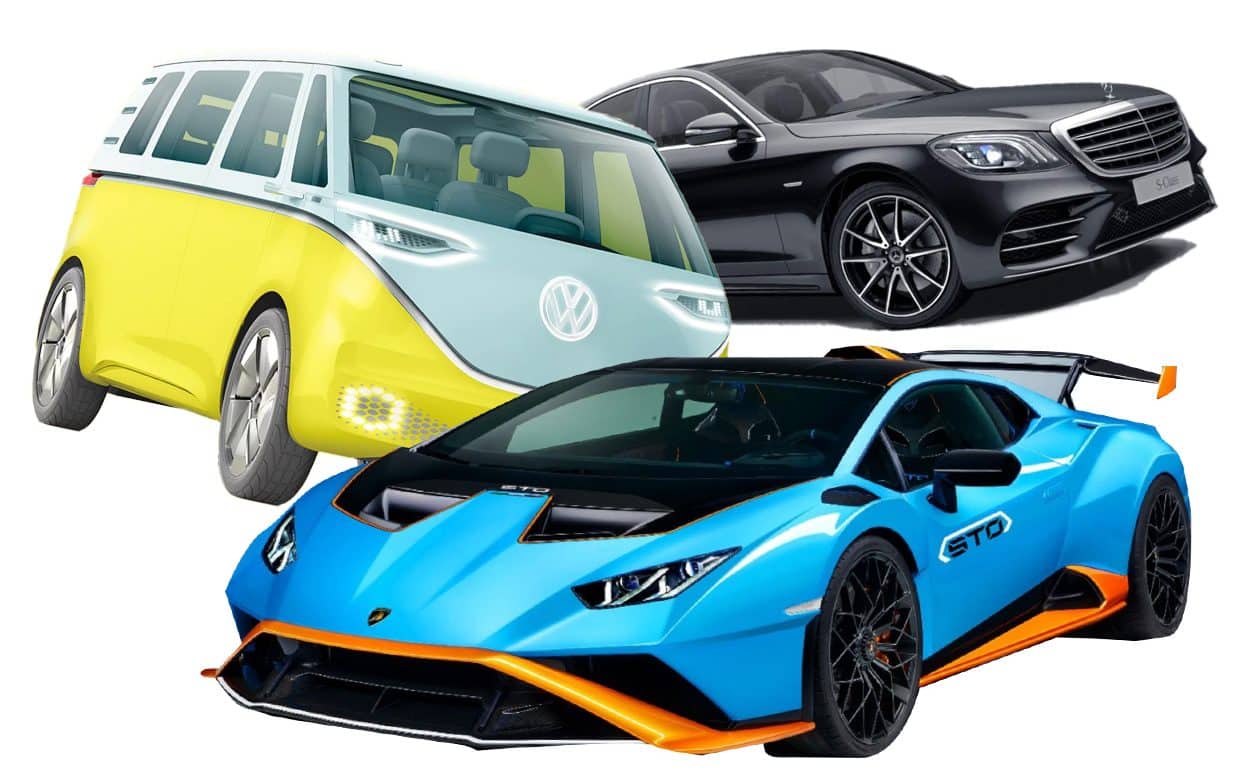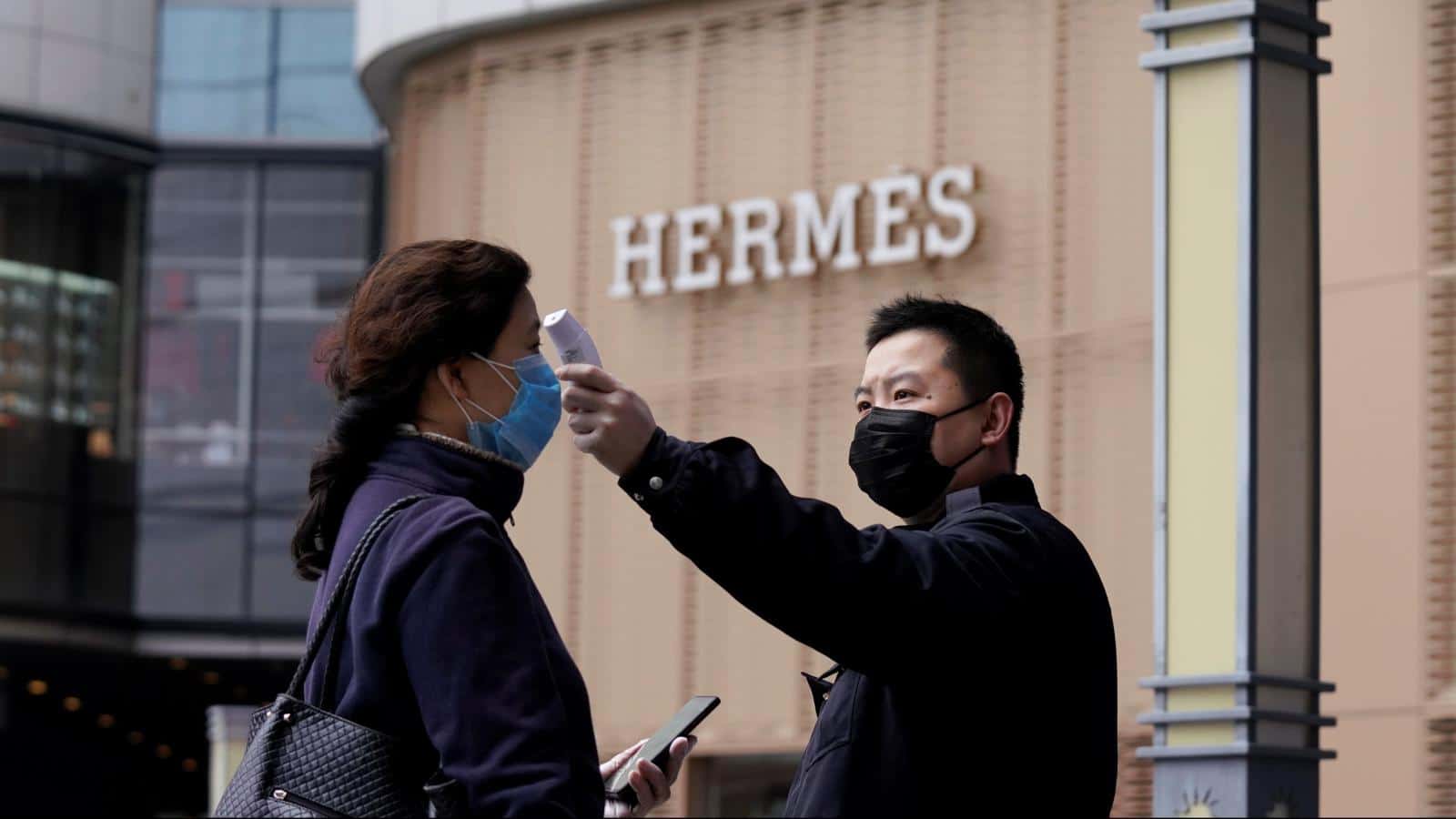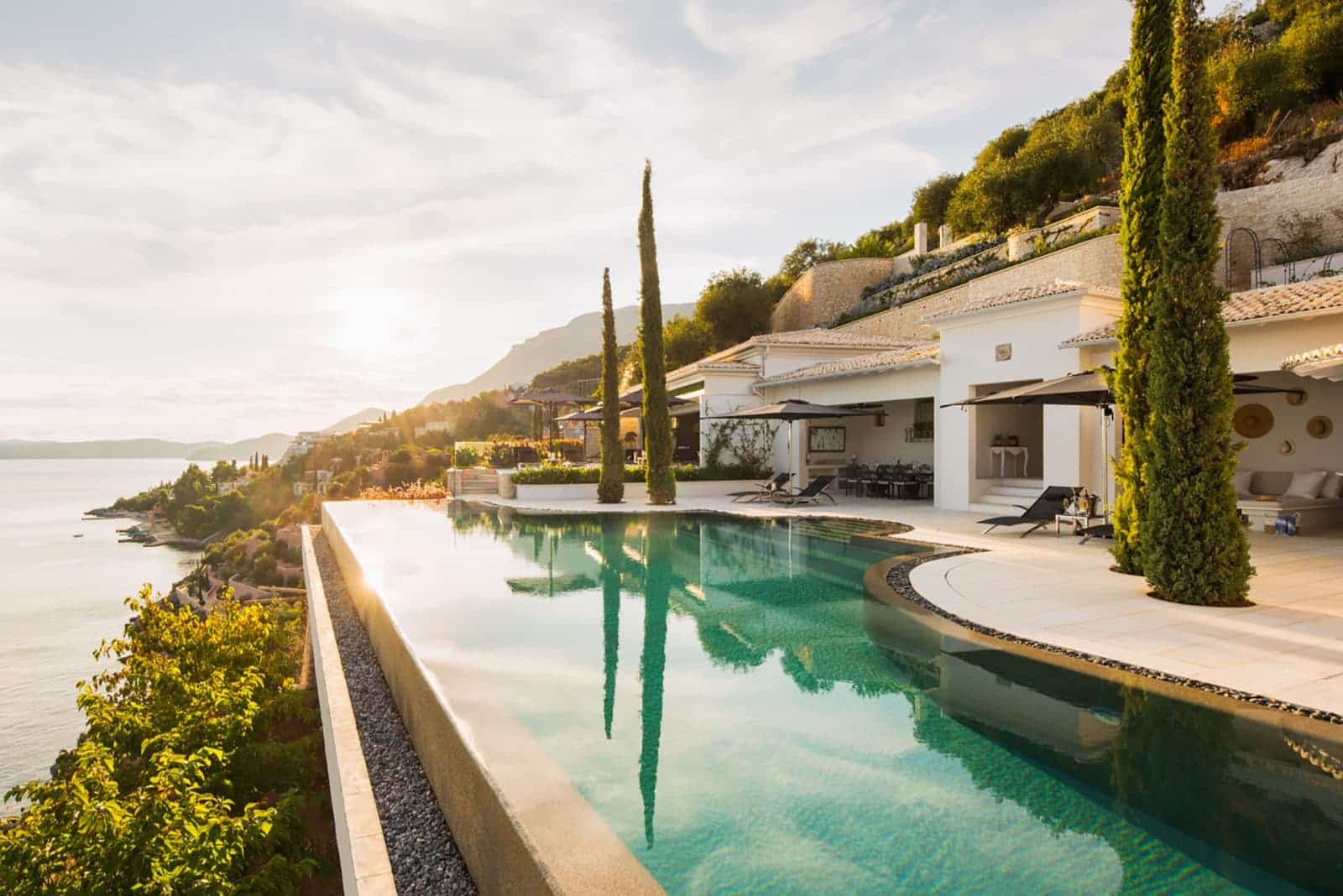As we enter a new decade (in rather bumpy fashion), climate change is almost certain to dominate as the number one global political issue for the next ten years and possibly well beyond.
While 2020 marked the 50th anniversary of the first Earth Day, arguably the launch of the modern environmental movement, it is broadly accepted that the year has been an unmitigated disaster that the public would like to etch-a-sketch style erase from its collective consciousness.
Looking forward to 2021, we can see that increasing pressure from citizens and consumers is forcing companies and policymakers to effect seismic changes in their business practices, ethics and rules to build a more sustainable world.
In the decade to which we have just said our farewells, the sustainable business agenda advanced exponentially. But now is a new era and we’re looking beyond mere awareness. We are now actively seeking solutions and action, exploring how the private sector can accelerate change.
This eco-friendly push is critical to the longevity of current businesses as consumers vote for the world they want to live through the products and services they buy. Now, more so than ever before, those consumers are starting to vote for products that consider the environment and society as they’re being made.
Efforts to be greener are in full swing across the business world, with almost half of UK companies planning to increase their environment-related spending between now and summer 2021, according to HSBC’s Made for the Future report.
Here we highlight some of the major green business trends that will dominate the year ahead.
Reducing carbon emissions
Described as the “decade of action”, many environmentalists believe that the next ten years will be critical in the fight to reduce carbon emissions. The target is to halve global greenhouse gas (GHG) emissions by 2030 to keep global warming to 1.5°C.

To give that some context, it is estimated that if warming were to exceed 3°C globally, virtually all of the agricultural areas across Africa would become unviable for food production. Thus creating an entire continent entirely dependent upon imports to feed its people.
In light of the 2030 target, Microsoft recently announced an ambitious goal to become carbon negative by the end of the decade, simultaneously announcing a $1 billion Climate Innovation Fund. More than 220 global companies have now set 100% renewable energy targets. And while this may seem like a relatively small number, the majority of them are from four highest-emitting sectors — electricity and heating, transportation, agriculture and forestry, and manufacturing and construction.
Evidence of the impacts of climate change are all around us and growing year by year. Devastating bushfires in Australia earlier this year destroyed 18.6 million hectares killing one billion animals, driving some already endangered species to extinction. Last year, Cyclone Idai took the lives of more than 1,000 people across Zimbabwe, Malawi and Mozambique. In addition, deadly floods and landslides forced 12 million people from their homes in India, Nepal and Bangladesh.
The increasing public concern over the adverse effects of climate change has resulted in an escalation of citizen protests, increased employee advocacy, disruption of fossil fuel supply chains by climate activists and consciousness among consumers over their purchases. Both the public and private sectors will need to focus on an accelerated transition to low-carbon energy in 2021, as well as pragmatic investment in carbon capture solutions. Starting next year, we will witness a rapid acceleration in the advancement and application of low-carbon technologies, including hydrogen fuel cells, biomass, electric batteries and more.
While many small ‘green-conscious’ businesses are pulling their weight in reducing emissions, it’s the example set by the big-name brands that will leverage pressure on other SMEs to follow suit. Those leading the way understand that they aren’t just working for the present, they’re investing in the future.
The BMW Group is regularly named the world’s most sustainable car manufacturer for its efforts to create fuel-saving and alternative cars with clean production processes. Everything that Tesla does is driven by sustainability, from the electric cars it creates to the manufacturing processes to build them. Last year, United Airlines invested more than $16 billion to replace all of its aeroplanes with more fuel-efficient models and looks to continually lower its carbon emissions. At all of its parks, Disney uses zero net direct greenhouse gas emissions and has a zero-waste policy so that nothing ends up in landfills.
Starbucks, McDonald’s, Coca-Cola, Subway, Dell, Hilton Hotels, Adobe, Apple, Walmart, Nike, IKEA, Toyota, Ford, Dominos, Citibank and Cisco. These are just some of the brands aboard the green revolution threatening to leave behind those who don’t take their environmental credentials seriously.
But it isn’t just businesses who are making an effort, city councils and entire local industries are also encouraging green practices. The vast majority of hotel rooms in Helsinki are certified environmentally friendly. In Reykjavik, the city plans to eliminate greenhouse gas emissions by 2040 by encouraging residents to walk or use public transportation on its new hydrogen-powered busses. Vancouver produces the lowest greenhouse emissions of any major city in North America and has initiatives for continued environmental improvements. There is also heavy investment in renewable energy and wind power in Cape Town.
Circular Solutions
Last year, material resource use breached the 100 billion tons mark for the first time in history. Moreover, it is forecasted to rise to as much as 184 billion tons by 2050. In an attempt to combat or even reverse this, the circular economy concept is now all the rage. Really just a fancier term for ‘zero-waste’, the circular economy is built upon the eight R’s to create a closed-loop system:
• Rethinking business models and solutions to be mindful of resource waste.
• Refusing to consume what you don’t need to.
• Reducing consumption of materials by making products designed to last.
• Reusing products by transferring them to another user.
• Repairing components and parts so that products can be used for longer.
• Refurbishing old products so that they can be resold.
• Recovering non-recyclable waste to produce energy through combustion.
• Recycling materials or resources for reuse in new products.

The list of eight could really extend further (redesign, redistribute, replace, reprocess, restore, return, reutilise, reverse) but at some point, it starts to get a bit silly, and I think most people already get the general gist. Extending a product’s lifecycle means less landfill waste and less pollution.
At first glance, a circular economy doesn’t appear to be attractive for companies whose success is predicated upon consumers buying lots of shiny new things all the time. Indeed, a circular economy is the very antithesis of the convenience culture to which we have become addicted. Ecommerce and easy customer returns through companies such as Amazon are responsible for increased waste. The time and cost involved in repacking and assessing returned items for damage and resale are too great. As a result, millions of kilograms of products, (many without any defects), wind up at the bottom of a landfill.
Despite this, many businesses that produce goods, driven by societal and regulatory pressures, including the European Commission’s Circular Economy Action Plan, are now looking for better ways to package their products. Unilever and PepsiCo, for example, have partnered with TerraCycle to develop waste-free, recyclable packaging. Additionally, research shows that a transition to a circular economy could generate $4.5 trillion in additional economic output by 2030.
According to forecasts by New-York based Nielsen, sales of sustainable consumer goods will exceed $150 billion in the US next year. Sales have risen nearly 20% since 2014, with a compound annual growth rate of 3.5%. This is due primarily to a greener conscious demographic of Millennials who place a big emphasis on sustainability behind their purchases. Of those polled, 75% of Millennials said they are more likely to change their spending habits to reduce the impact on the environment. In comparison, 90% said they are willing to pay more for products that contain environmentally friendly or sustainable ingredients.
As a result of this new market segment of consumers, companies are increasingly piloting and adopting circular strategies that drive innovation and disrupt traditional linear business models. These include the redesign of products to require less material and energy; recovering and repurposing waste; and substituting finite materials for renewable ones.
Plastics
In recent years consumers have become increasingly aware of the harm done by single-use plastics. Following the broadcast of the BBC’s Blue Planet series, audiences were shocked at the volume of plastics clogging up oceans around the world. Even more so once they cottoned onto the impact it has on ocean life and the acidification and the water we consume.
The damage already done is staggering. According to the National Center for Ecological Analysis and Synthesis, between 4.8 and 12.7 million metric tons of plastic materials end up in oceans each year. As a result, nearly 100,000 mammals and one million seabirds are killed each year from consuming plastics. Almost overnight following the first airing of Blue Planet 2, people started questioning the need for excessive plastics wrapped around virtually every product they purchased and demanded change.

Ever since, the British government has been carefully assessing public mood and drafting legislative bills accordingly. They introduced charges for plastic bags in shops, encouraging consumers to bring their own reusable bags and last year introduced bans on plastic straws, stirrers, and cotton buds.
Following shifting norms influenced by global civil society movements such as the Ellen MacArthur Foundation’s New Plastics Economy initiative, anti-plastic sentiment as pertinent as it’s ever been and the war against it will continue to be waged in 2021.
Following a ban on imported plastic waste in 2018, China (one of the world’s biggest users of plastic) last year unveiled a momentous plan to reduce single-use plastics across the country. At the same time, Indonesia announced plans to cut marine plastic waste by 70% within five years and Malaysia returned almost 4,000 tons of plastic waste to its original owners.
In response to actions such as these, green-conscious companies have set more ambitious commitments to curb plastic waste. Less proactive companies will experience increased pressure, both from new regulatory requirements and from the public, to implement robust plans for plastic reduction commitments.
Over 60 countries have introduced bans and levies on plastic packaging and single-use waste. Costa Rica has committed to eliminating single-use plastics next year. Mexico City will enforce bans in 2021 on single-use items such as cutlery, straws, cups and balloons, likewise the EU. Member states of the EU have also agreed to achieve a 90% collection target for plastic bottles by 2029. In addition, plastic bottles must be made from at least 25% recycled content by 2025.
It’s not just national governments pulling their weight, several brands such as Ralph Lauren have taken the initiative of producing sustainable t-shirts made out of plastic water bottles. Over the next decade, we will start to see more products made of plastic bottles, including jackets, pants, bags and hats. This focus on reusable goods, not only limited to plastics, is growing in popularity. According to a recent Market Study Report, the reusable bag market alone is projected to be worth $10 billion by 2025.

Human Capital
Not strictly speaking an environmental issue, but human capital and the improvement of companies caring for their employees will also be high on the agenda next year.
With brands expected to meet consumer demands of more ethical and environmental practices, so too are they needing to prove their human capital credentials to attract top talent. Furthermore, the unaddressed mental health and addiction challenges, poor stress management, and lack of flexibility in work schedules are adversely impacting the profits of businesses who do not address the wellbeing needs of their staff. According to the World Health Organization’s estimates, untreated depression and anxiety leads to approximately $1 trillion in global productivity losses each year.
A growing number of companies are exploring ways of going beyond basic healthcare services and benefits, trialling new approaches to wellness and work/life balance that help employees thrive in the workplace.
The global pandemic has also been a huge factor in this area. We already know that remote working due to national lockdowns around the world have had a profound impact on the way businesses and employees view the conventional working world.
Businesses will have to address carefully and smartly issues that have now been thrown into the spotlight. Things like the need for staff to spend a huge chunk of their salary on commuter costs, the ability for staff to cut down on childcare costs by working from home, staff being more productive by being able to focus on work instead of wasting hours travelling to and from the office etc.
Some companies have already used the pandemic to demonstrate how valuable to their business their workers are. Google established a COVID-19 fund that entitles all temporary staff and vendors to paid sick leave if they show symptoms of COVID-19.
Amazon has hired 100,000 more workers and provided pay rises to existing staff to deal with coronavirus demands. They also announced unlimited paid sick leave for anyone testing positive for COVID-19. In association with Lyra Health, Starbucks has extended its mental health benefits to staff providing access to a network of mental health therapists and coaches.
By taking care of their employees during the pandemic, companies can expect to see increased satisfaction, productivity and loyalty in return, not to mention a favourable reputation that makes them attractive to potential new staff. Once companies begin to understand the huge benefits to their profits from investing in the wellness of their staff, they’ll start to incorporate wellbeing policies as the norm rather than simply an emergency measure during a pandemic.
